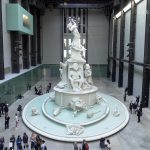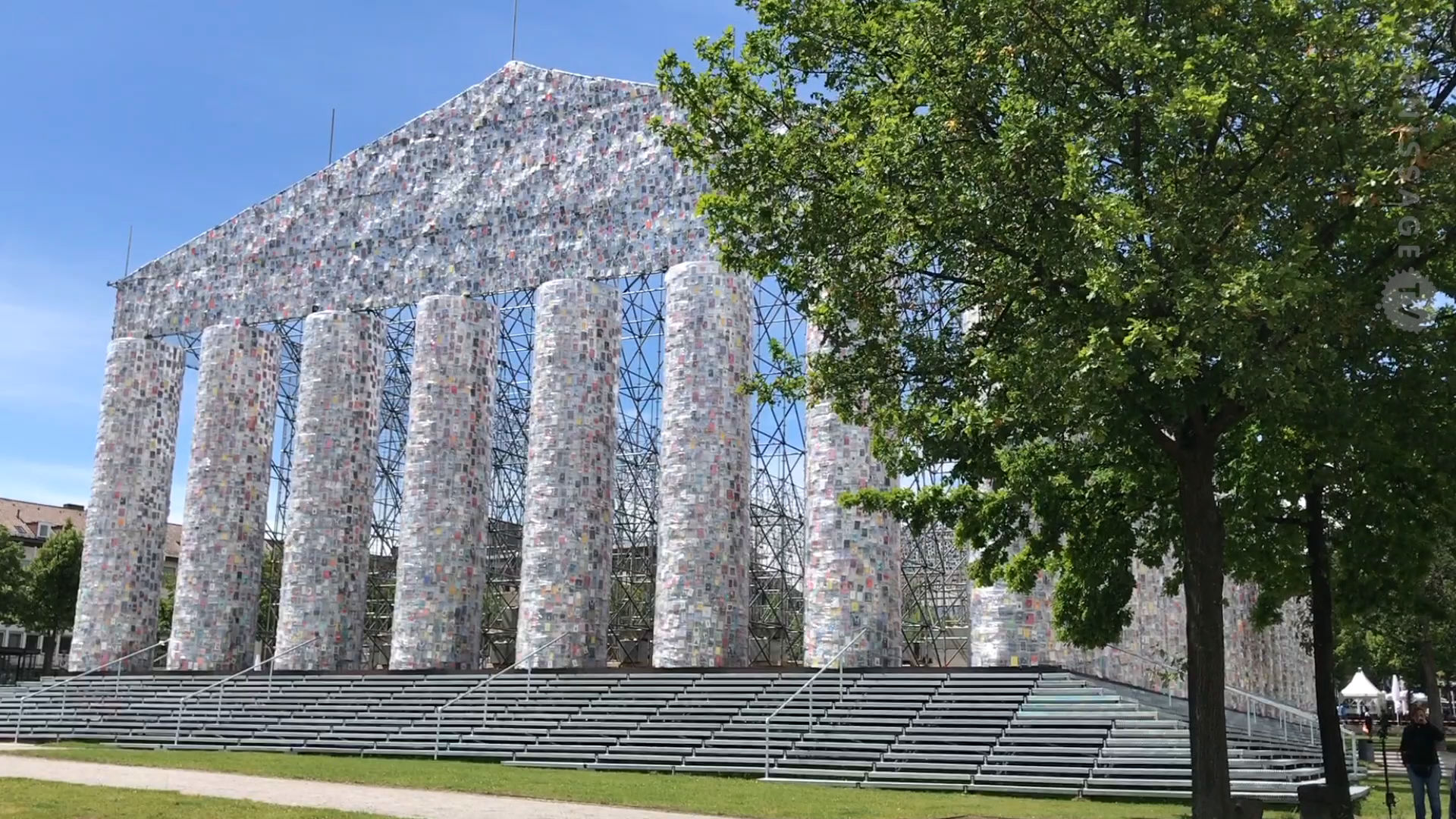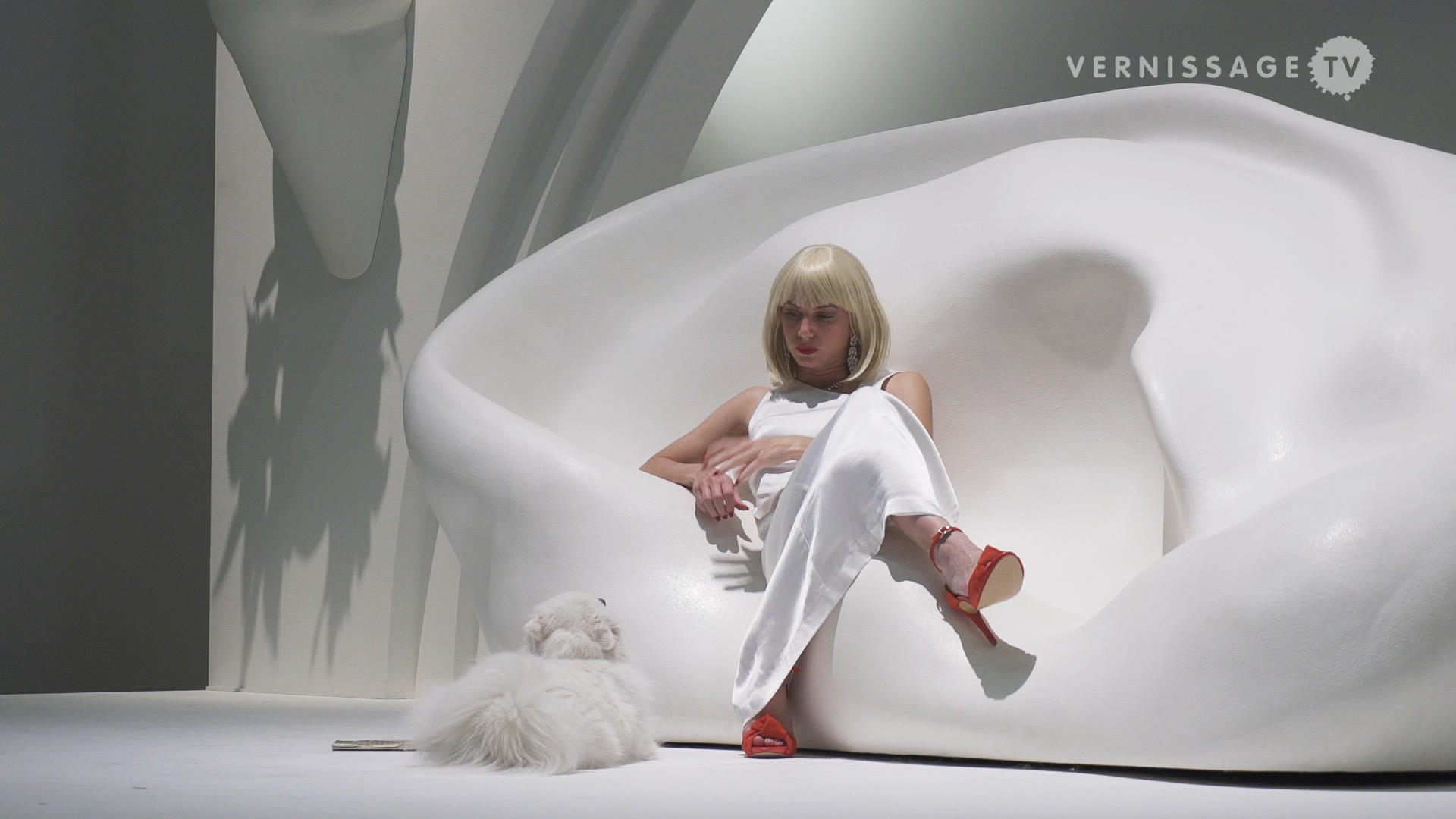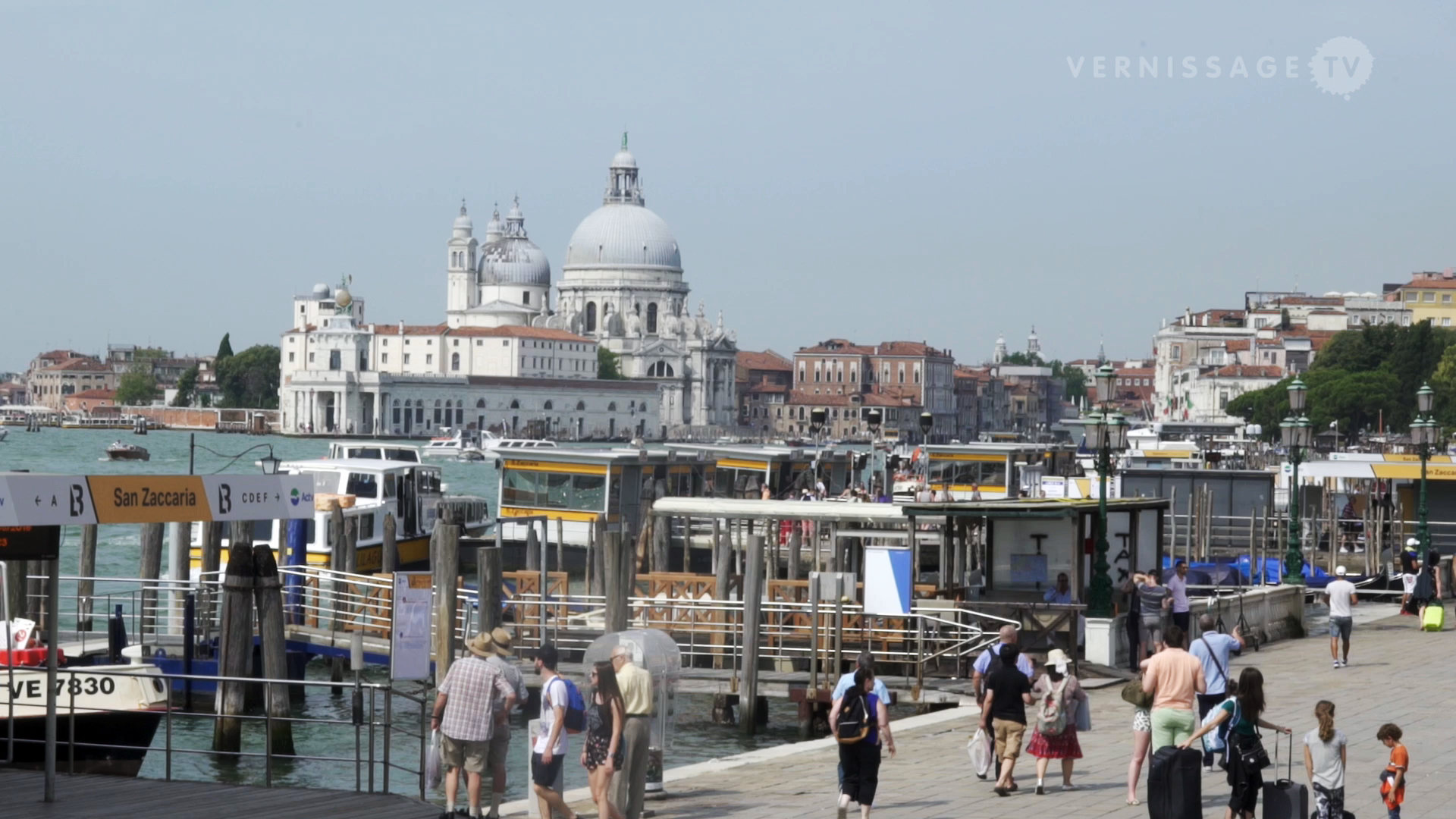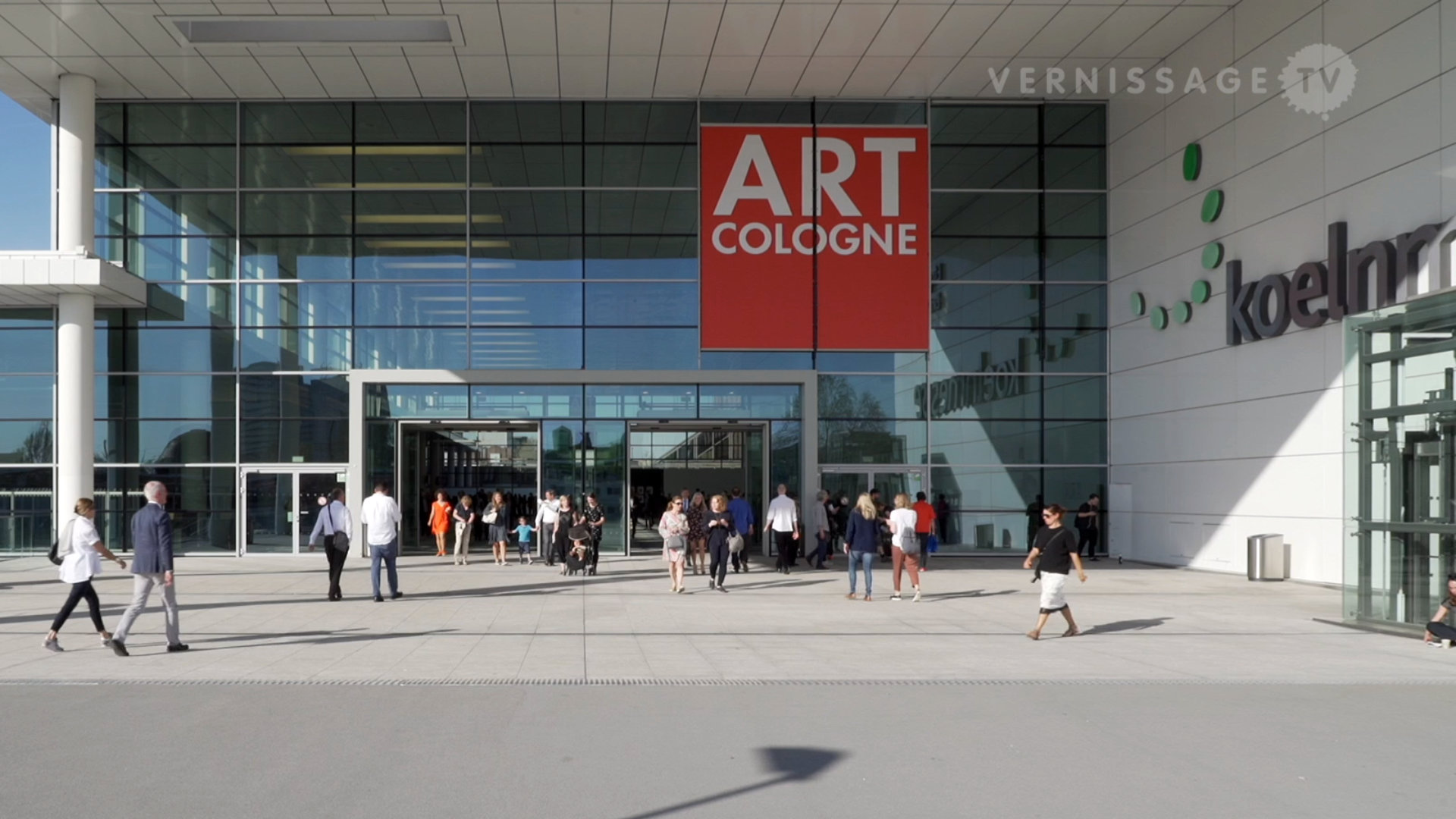Paper is a central medium in American artist Kara Walker‘s creative practice. For the Kunstmuseum in Basel, she opened the doors to her personal archive that she has closely guarded for the past 28 years. Curated by Dr Anita Haldemann (Head of the Kupferstichkabinett at the Kunstmuseum Basel) the exhibition presents more than 600 drawings from her studio, including brand-new works. In this video, Dr Anita Haldemann provides us with an introduction to the artist and her current solo exhibition at Kunstmuseum Basel.
A Black Hole Is Everything a Star Longs to Be is Kara Walker’s first extensive solo exhibition in Switzerland. Kara Walker became famous with her panoramic silhouettes in 1994. She is considered as one of the most prominent artists working in America today. Her topics are racism, gender, sexuality, and violence. In 2019, she conceived a 12 meter tall working fountain for Tate Modern’s Turbine Hall that deals with the interconnected histories of Africa, America and Europe.
Kara Walker: A Black Hole Is Everything a Star Longs to Be / Kunstmuseum Basel | Neubau. Press Preview. Basel (Switzerland), June 3, 2021.
–– Right-click (Mac: ctrl-click) this link to download Quicktime video file.
Full-length version (10:18 min.):
Press text (excerpt):
The Kunstmuseum Basel mounts the Black American artist Kara Walker’s (b. 1969) first major exhibition in Switzerland, featuring more than six hundred works on paper from her personal archive that have never been on public display. These works, which date from the past twenty-eight years, are presented together with brand-new drawings that address contemporary concerns such as Barack Obama’s legacy.
One of the most high-profile artists working in the United States today, Kara Walker combines traditional creative techniques with extraordinary technical finesse to create provocative works that grapple with history, race relations, gender roles, sexuality, and violence. Walker does not propose a conciliatory view of the past, instead prodding the viewer to question established narratives and entrenched myths. She is unsparing in her analysis of deep-rooted conflicts and persistent social ills. As recent events and the worldwide attention generated by the Black Lives Matter movement have demonstrated, Walker’s oeuvre speaks poignantly to some of today’s most urgent issues.
The artist rose to renown in the mid-1990s with wall-sized silhouettes. In the winter of 2019/2020, she made headlines with her monumental sculpture Fons Americanus at the Tate Modern in London. Yet drawing on paper remains the foundation of Kara Walker’s creative practice. For the exhibition in Basel, she throws open the doors to her zealously guarded private archive, allowing visitors unprecedented insight into the making of her art. Small sketches, studies, collages, and meticulously finished large-format works appear side by side with diaristic notes, typewritten reflections on index cards, and dream journals. The graphical intimacy of each individual sheet contrasts with the stunning abundance of the works on view: zooming in and out, the beholder effectively becomes an eyewitness to the genesis of Walker’s art, observing her as she enacts her thinking on the paper and invents, adapts, and transforms figures and narratives.
Compared to the elegant panoramic silhouettes, the drawings have an air of spontaneity and unfiltered emotion. Many of them were executed with the brush, which lends them a flowing and open dynamic. Scrutinizing her own identity—as an artist, a Black woman, a mother— Walker probes both its personal dimension and its social implications in the context of current events. The latter aspect is prominent in four sensational role portraits she created for the exhibition that reflect on Barack Obama’s presidency and legacy. The presentation also includes the 38-part work The Gross Clinician Presents: Pater Gravidam, a searching examination of questions around inspiration and creativity as well as traditions in graphic art that are richly represented in the museum’s collection of prints and drawings.
The exhibition was produced by the Kunstmuseum Basel and will travel to the Schirn Kunsthalle, Frankfurt am Main, Germany, in the fall of 2021 and then to the De Pont Museum, Tilburg, Netherlands, in 2022.
